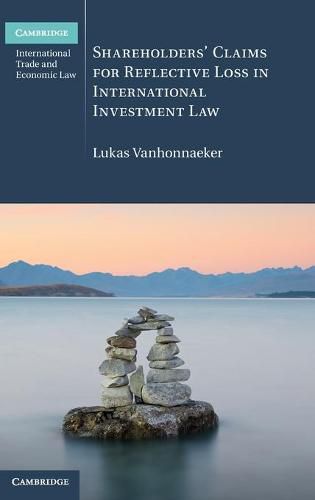Readings Newsletter
Become a Readings Member to make your shopping experience even easier.
Sign in or sign up for free!
You’re not far away from qualifying for FREE standard shipping within Australia
You’ve qualified for FREE standard shipping within Australia
The cart is loading…






In recent years, investor-state tribunals have often permitted shareholders’ claims for reflective loss despite the well-established principle of no reflective loss applied consistently in domestic regimes and in other fields of international law. Investment tribunals have justified their decisions by relying on definitions of ‘investment’ in investment agreements that often include ‘shares’, while the no-reflective-loss principle is generally justified on the basis of policy considerations pertaining to the preservation of the efficiency of the adjudicatory process and to the protection of other stakeholders, such as creditors. Although these policy considerations militating for the prohibition of shareholders’ claims for reflective loss also apply in investor-state arbitration, they are curable in that context and must be balanced with policy considerations specific to the field of international investment law that weigh in favor of such claims: the protection of foreign investors in order to promote trade and investment liberalization.
$9.00 standard shipping within Australia
FREE standard shipping within Australia for orders over $100.00
Express & International shipping calculated at checkout
In recent years, investor-state tribunals have often permitted shareholders’ claims for reflective loss despite the well-established principle of no reflective loss applied consistently in domestic regimes and in other fields of international law. Investment tribunals have justified their decisions by relying on definitions of ‘investment’ in investment agreements that often include ‘shares’, while the no-reflective-loss principle is generally justified on the basis of policy considerations pertaining to the preservation of the efficiency of the adjudicatory process and to the protection of other stakeholders, such as creditors. Although these policy considerations militating for the prohibition of shareholders’ claims for reflective loss also apply in investor-state arbitration, they are curable in that context and must be balanced with policy considerations specific to the field of international investment law that weigh in favor of such claims: the protection of foreign investors in order to promote trade and investment liberalization.